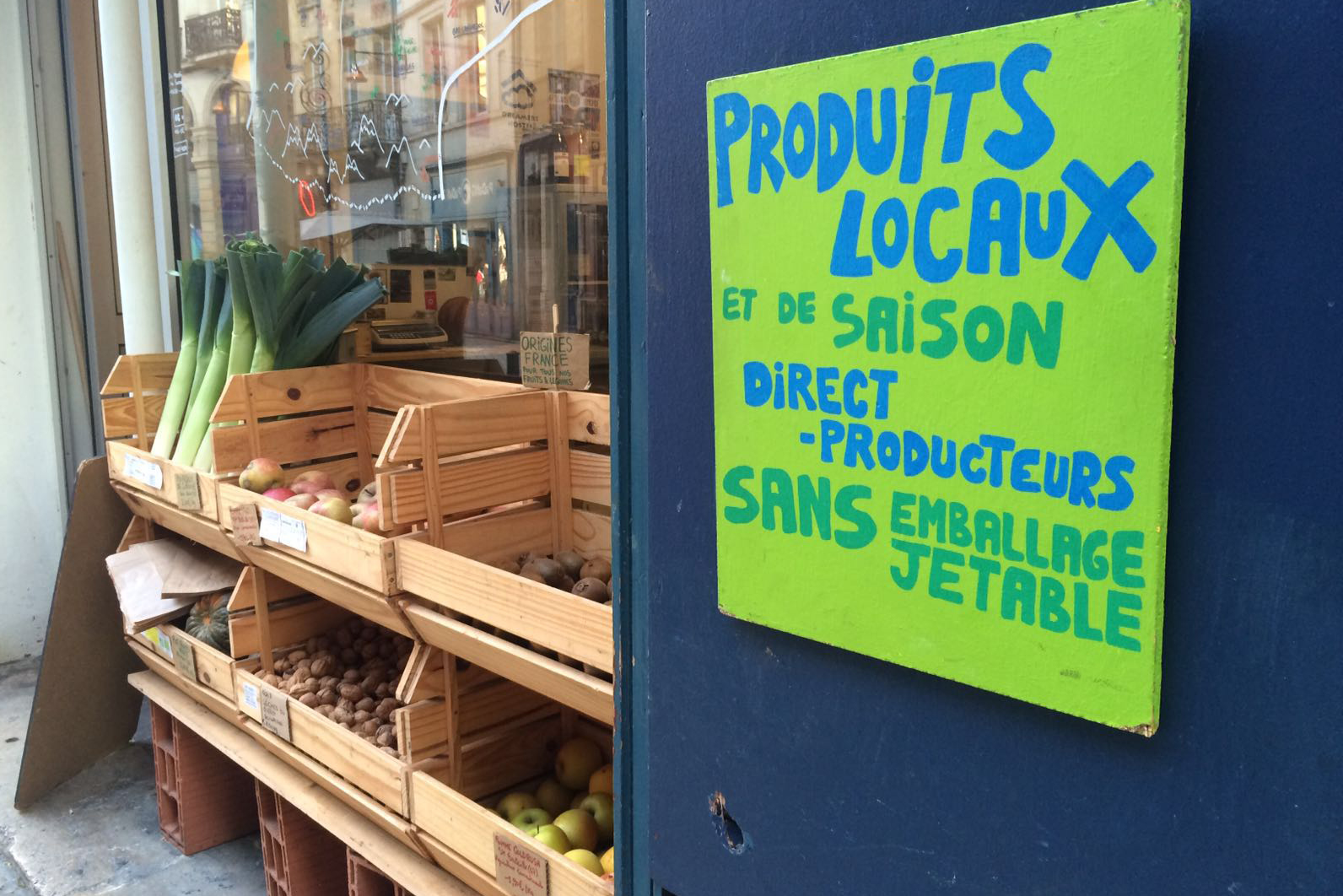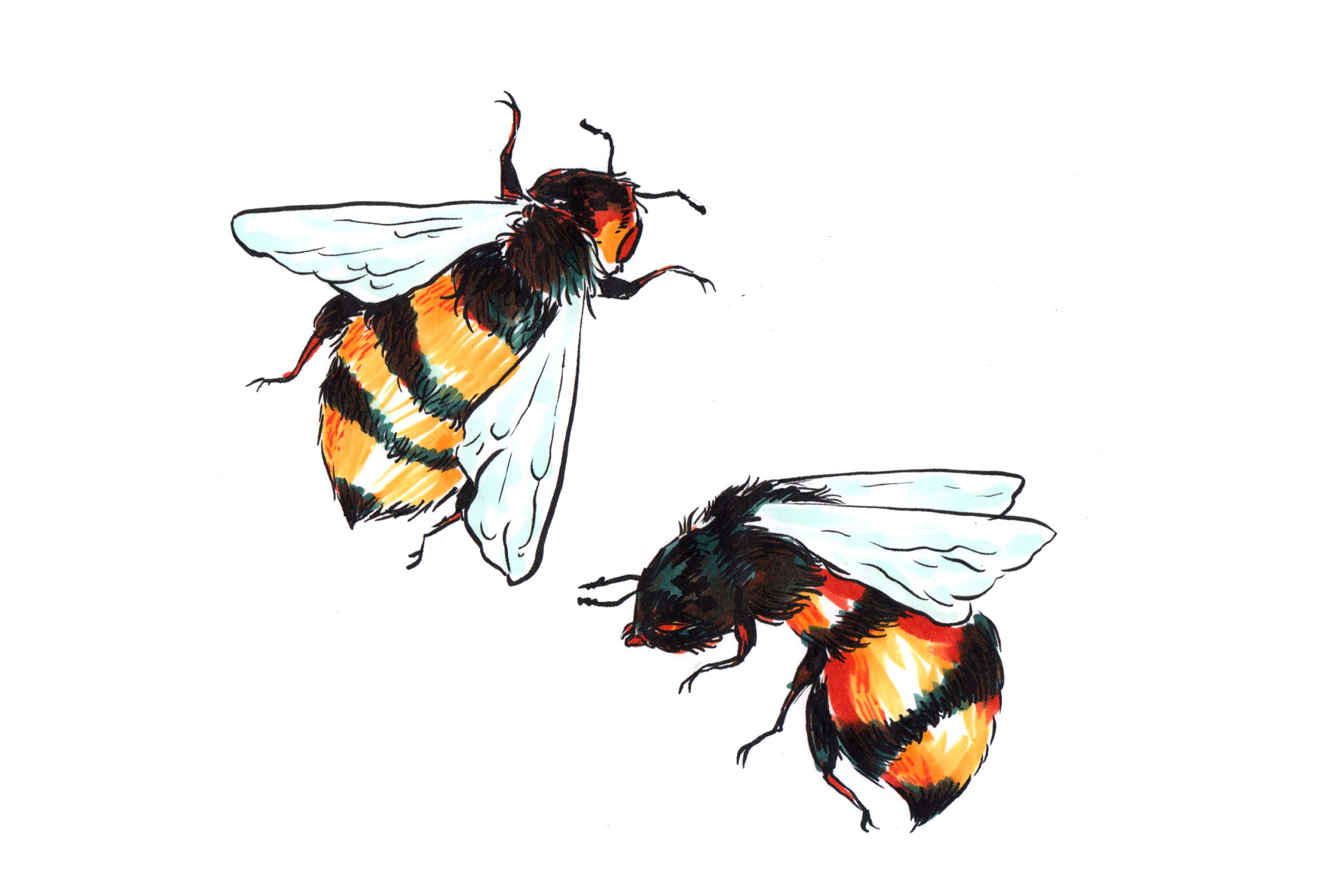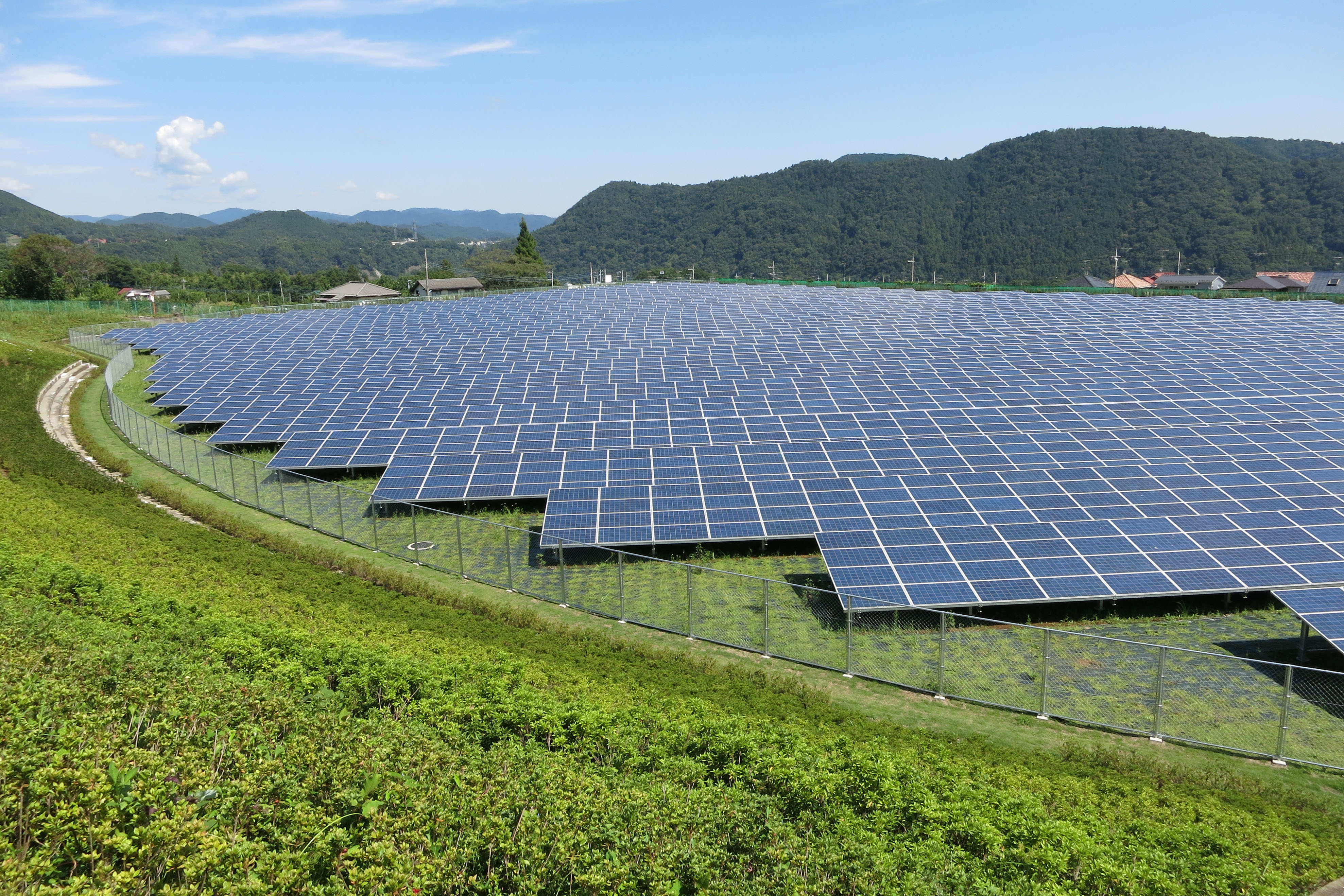Nearly a third of our food supply is wasted and is a major contributor to climate change. According to saynotofoodwaste.org, the methane gas produced by the 1.3 billion tons of the world’s rotting food waste is 25 times more potent than carbon dioxide.
Furthermore, almost 8 million people across the globe continue to live without enough food, reported the World Food Programme. We can start to solve both of these problems if we take our food waste and give it to charities to feed those who need the extra food.
The Guardian reported that in a progressive effort to recycle food waste, France outlawed throwing away excess grocery store food, making them the first country in the world with this policy.
Instead, the food is now donated to charities or used as animal food. The 7.1 million tons of food waste produced by France now goes to a better cause, which also lessens the country’s impact on the environment.
The Natural Resources Defense Council said that as a part of France’s new food waste policy, they hope to reduce waste from food establishments across the country, as well as improve food waste policy. France plans to cut food waste in half by 2025. The NRDC also stated that France wastes 300 pounds of food per person per year, something they consider a food waste crisis.
A vote passed unanimously and a new law requires grocery stores to make agreements with charities to donate leftover food. Not following this law could result in a £53,000–$54,000–fine or two years in jail.
By sending food to charities, grocery stores help those with low incomes. Homeless people searching through garbage outside of grocery stores has become a serious problem. Grocery stores have responded by locking their food waste away or by dousing the area in bleach to prevent people from eating the food.
The Guardian stated that naysayers criticize the law, because it only involves grocery stores. The food industry in general, including restaurants and production, overproduces and this new law doesn’t enforce strong enough policies. But it’s definitely a start.
Fortunately, the new law will start to educate the public on food waste management by working with schools and businesses. If education begins at an early age, a shift in food culture can take place and begin to change the mindset of how we responsibly manage food.
As the United States is a major contributor to food waste, policies here could be improved to replicate France’s new laws. An article in The Oregonian started a poll about whether the United States should follow France in banning grocery store food waste and so far, most people agree that it’s a good idea.
The NRDC issued a report stating that 40 percent of food waste in the United States ends up in landfills. This report also detailed losses in all stages of production from packaging to distribution.
The Oregonian also reported that the federal government also wants the United States to cut it’s food waste in half over the next 15 years. A typical four-person family in the United States throws around $1,500 in the garbage with their food waste, making the issue a serious problem.
Fortunately, our government has taken some initiative to reduce food waste. As a part of Obama’s new environmental policies, the USDA joined forces with the EPA to set the first policy regarding food waste reduction in the U.S. One part of this policy is known as “The Food Recovery Challenge”.
It is similar to France’s law in that it encourages businesses and organizations to donate food leftovers to feed the homeless. It helps save money and increases awareness about the effects of food waste in relation to climate change, as well as decreasing the amount of food going to waste. But it doesn’t actually render not taking care of food waste illegal.
Both France and the United States are far from solving food waste problems. A total change in the culture and mechanisms of handling food needs to happen now. Utilizing France as an example could help deter part of this problem, not only in the United States, but globally. These new laws are mere baby steps in a long process for how to properly maintain the balance between food production and food waste.







Thank you for this article Vanguard. I would like to see this effort (gleaning) on our campus. Aramark has a very restrictive policy that you are not allowed to take extra food that YOU, the client, pay for. Our students are food insecure and hungry. I recently held an event for my department where I tried to collect extra food on plates to take back to my department and was told I couldn’t. So I opened the doors to students on the second floor of SMSU and told them to come in a help themselves rather see Aramark take the food I paid for. This is just one example of the usbale food waste this country is producing while so many go hungry.